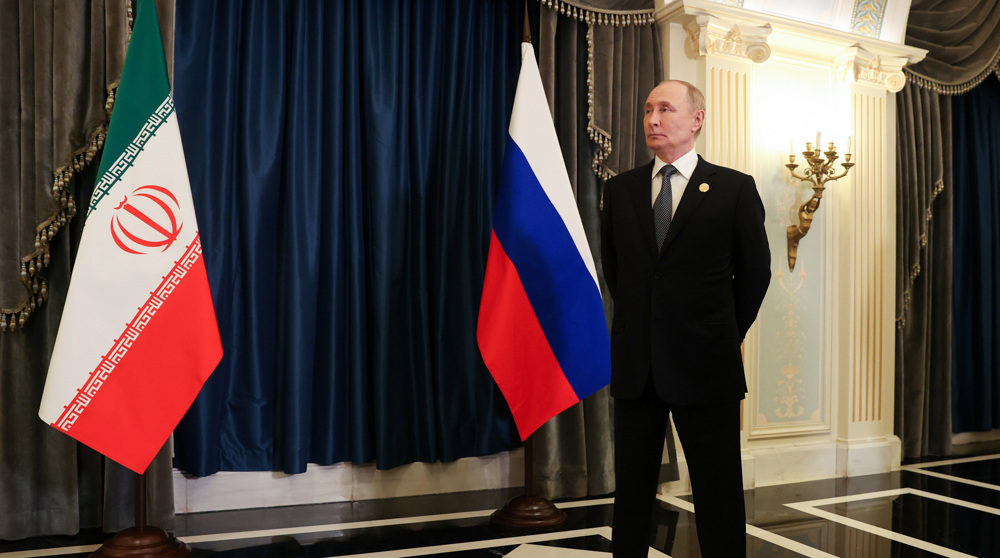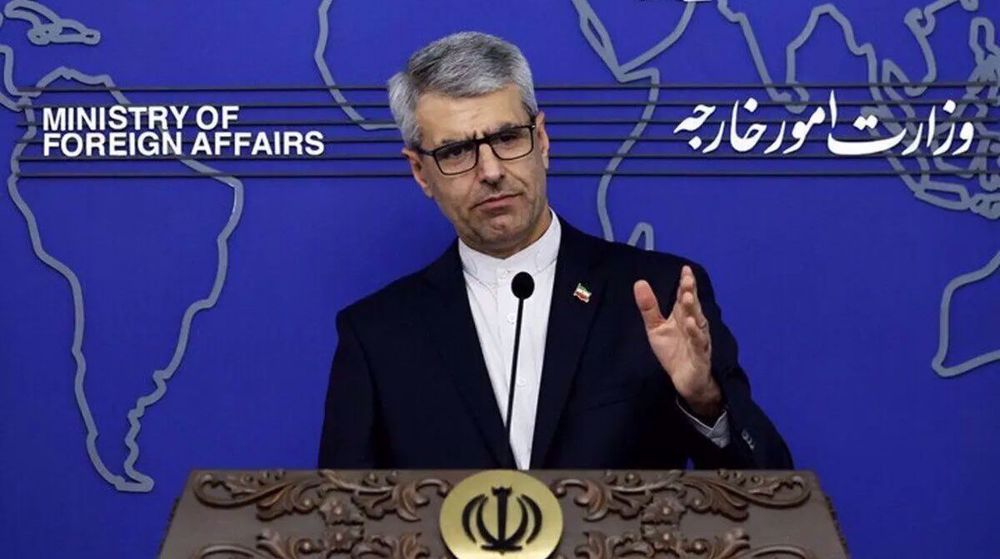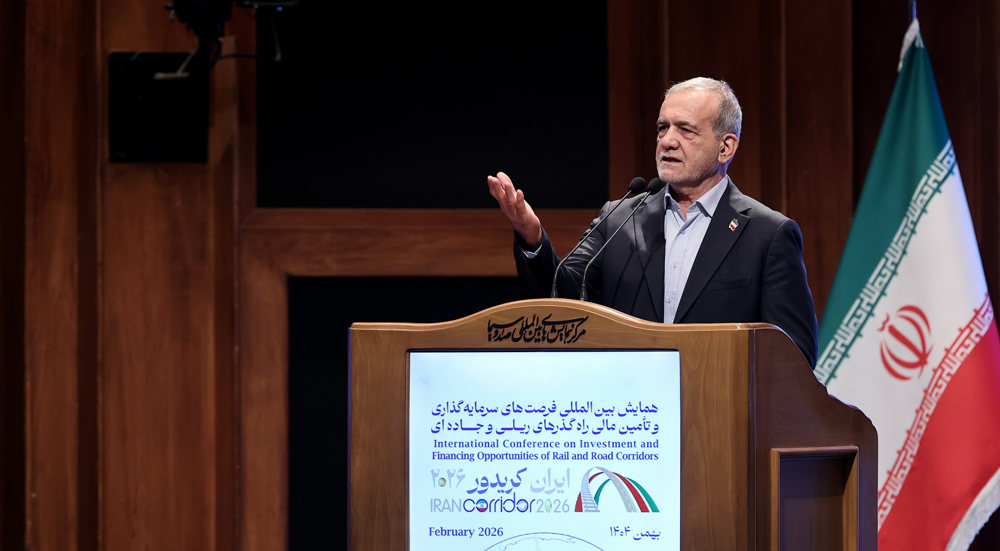Iran sole regional country with its own satellite launchers: ISA official
An official at the Iranian Space Agency (ISA) says the Islamic Republic is the sole country in the region actively producing satellite launchers as Tehran is getting ready to put two new satellites into orbit.
Speaking in a televised interview with the Iranian television, which was published on Monday, Seyyed Hossein Mousavi, an advisor to head of the ISA said the country will soon put Payam (Message) and Doosti (Friendship) satellites into orbit to prove its groundbreaking progress in the field of satellite technology and science.
“It is fortunate to say that we are in very good conditions in terms of developing satellite technology and launch among regional countries, and due to sanctions imposed on our country, our goal is to become self-sufficient in this field,” he said.
The official added that the Islamic Republic of Iran is the sole regional country active in the field of manufacturing satellite launchers in the region, seconded only by the Zionist regime in this regard.
He noted that Payam satellite, which is a product of researchers at Amir Kabir University of Technology, is capable of taking high-resolution images and will last in orbit for a period of two years.
Mousavi stated that the goal of producing Doosti satellite was mostly to promote satellite technology and knowledge in the country and transfer that technology to Iran.
Meanwhile, the official in charge of developing Payam satellite has high-precision cameras capable of taking photos with a precision of 40 meters, which can be then used for agricultural development purposes, studying vegetation and forests, silviculture and other peaceful goals.
The ISA’s deputy director for development of space services, Ali Sadeqi Naeini, said in an interview also published on Monday that the Iranian satellites will be put into an orbit 500 km above the Earth and are expected to last for two years.

He said the technology used to make the two satellites was totally home-grown, adding, “No foreign country has provided us with space technology and this is purely domestic know-how.”
The official noted that in terms of satellite design and manufacture technology, Iran currently ranks the first in the region and there are a high number of prominent Iranian specialists both within and without the country, who are internationally known for their expertise in the field of astronomy and space since.
Addressing a large crowd of people during his visit to Gonbad-e Kavous in the northern Iranian Golestan Province earlier on Monday, President Hassan Rouhani lauded Iran’s top rank in terms of its scientific standing, particularly in genetics, in the Middle East region.
He pointed out that the country will be placing two satellites into orbit in the coming days.
Speaking to Reuters last Wednesday, Iranian Foreign Minister Mohammad Javad Zarif said Tehran will continue with its aerospace program despite US warnings, stressing there is no international law banning such a program.
His remarks came in reaction to warnings by US officials against Iran’s pursuing space rocket launches that Washington claims would violate a UN Security Council resolution, because they use ballistic missile technology.
Iranian Minister of Information and Communications Technology Mohammad Javad Azari Jahromi also said last Monday that Iran would ask no one’s permission to develop its peaceful aerospace program.
“Iran will ask no one’s permission to develop its peaceful aerospace industries and will firmly proceed with its plans,” he said.
He added that Iran had successfully made preparations for the launch of Payam and Doosti satellites and would do so upon an order by relevant officials.
‘Textbook definition of terrorism’: Tehran denounces Pelosi’s call on US to exact ‘pain’ on Iranians
VIDEO | 39th AU summit opens in Addis Ababa with focus on water security, peace, and development
VIDEO | Iran: The stronghold Washington lost
Anti-Iran ‘Munich circus’ shows Europe has lost geopolitical weight: Araghchi
Swiss to act as venue of next round of Iran-US talks: Report
Report: Over 50,000 soldiers fighting in Israeli military hold foreign citizenship
Danish PM warns US attack on Greenland would spell end of NATO
Power running out at key Gaza hospital, ICU patients at risk: Report












 This makes it easy to access the Press TV website
This makes it easy to access the Press TV website